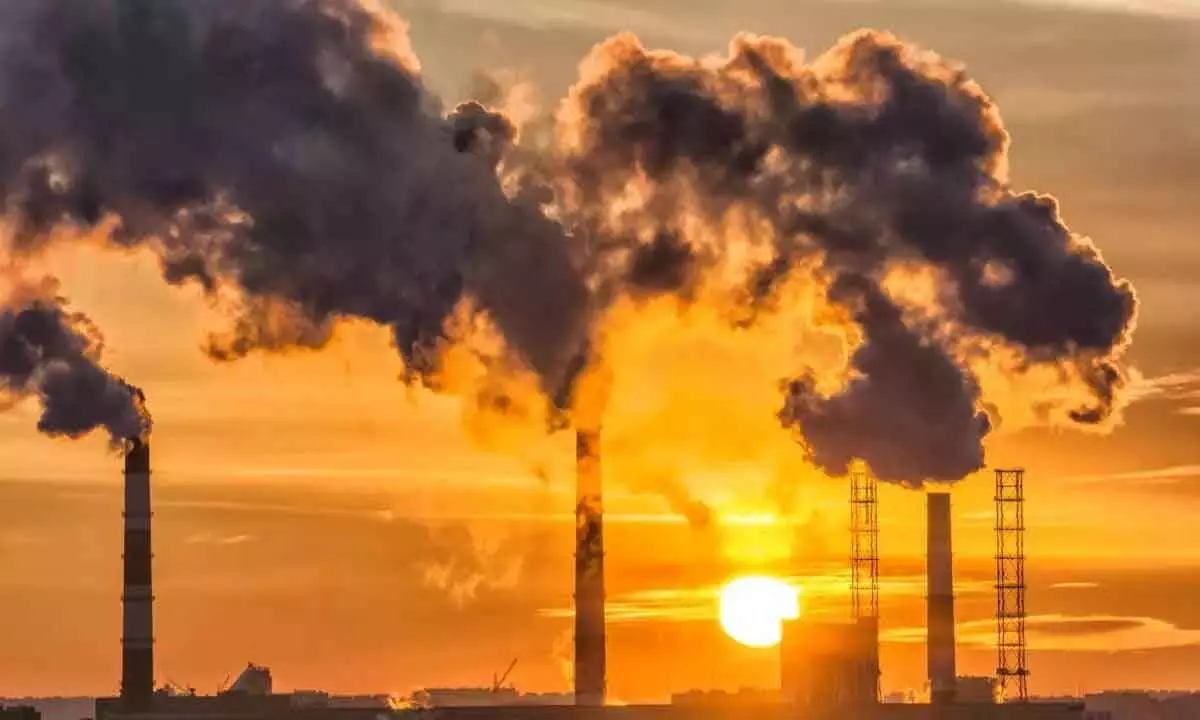Air pollution linked to lower Covid vax response: Study

'Air pollution has been linked to adverse health outcomes, including lung cancer, cardiovascular and respiratory disease, and diabetes'
New Delhi: People exposed to higher levels of air pollution before the pandemic had lower antibody responses to COVID-19 vaccines, according to a study.
In particular, exposure to fine particulate matter (PM2.5), nitrogen dioxide (NO2) and black carbon was associated with about a 10 per cent decrease in IgM and IgG antibody responses in people without prior infection, the researchers said.
The findings, published in the journal Environmental Health Perspectives, provide further evidence on the adverse effects of air pollution on the immune system. "Air pollution has been linked to adverse health outcomes, including lung cancer, cardiovascular and respiratory disease, and diabetes," said Manolis Kogevinas from the Barcelona Institute for Global Health (ISGlobal). "Air pollutants have been shown to affect immune responses, so in this study we wished to determine whether air pollution also affects antibody responses to COVID-19 vaccines," said Kogevinas.
The team analysed data from 927 participants aged 40 to 65 years, who answered questionnaires and gave blood samples in the summer of 2020 and in the spring of 2021.
All had received one or two doses of the main COVID-19 vaccines administered in Spain made by AstraZeneca, Pfizer or Moderna. The research team measured IgM, IgG and IgA antibodies to five viral antigens (three of them on the spike protein contained in the vaccine). Exposure to PM2.5, black carbon, NO2 and ozone (O3) was estimated for each participant based on their address before the pandemic.
"The collaboration of all volunteers in the cohort, with more than ten years of data, has allowed us to reliably estimate the level of environmental exposure of all participants," said Rafael de Cid, co-author of the study.
The results show that in uninfected individuals, pre-pandemic exposure to PM2.5, NO2 and black carbon was associated with a 5 to 10 per cent reduction in vaccine-induced spike antibodies. The decrease in antibodies was shown both for early IgM responses and late responses measured by IgG, the researchers said.
The IgG response after the first dose peaked later in participants exposed to higher air pollution levels, and lower IgG levels persisted for several months after vaccination. Results were similar for the three vaccines. "Air pollution can induce chronic inflammation, which has been associated with a negative effect on vaccine efficacy," said Carlota Dobano, co-senior author of the study, together with Cathryn Tonne.

















